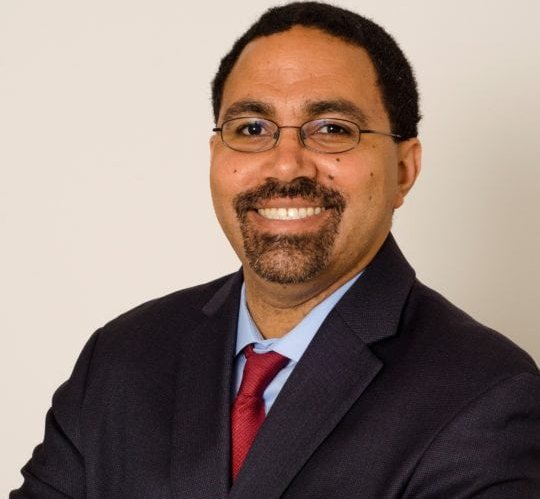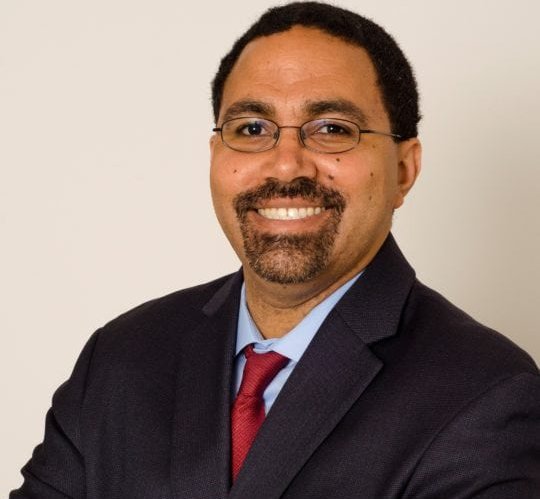[ad_1]
Submitted to the AFRO by John B. King Jr.
At recent family events at each of my two daughters’ schools in Montgomery County, my wife and I were pleased to meet their teachers and hear about the exciting learning opportunities they will experience. But not all young people in Maryland or in communities throughout America attend schools where they have access to strong teachers, well-resourced classrooms, well-rounded and engaging curricula, clean and safe schools, or even basic necessities, including books.
In a few months, we likely will read again in the news about bitingly cold temperatures inside schools in Maryland, and other places where children are in class and bundled in jackets, struggling to focus on their learning and to ignore their frozen breath.
In schools and communities that serve a majority of students of color and students from low-income backgrounds, unacceptable conditions contribute to chronic and devastatingly low levels of achievement.
A quality education is critical for our children’s individual success. It’s also vital for their participation in our democratic society, which includes casting an informed vote; being knowledgeable about and getting involved in causes that they care about; and making their communities fairer, safer and better places to live.

We must confront unjust systems that have perpetuated educational inequities for generations. And certainly, we cannot ignore the way that race—and racism—appear in these systems.
History tells us that access to education has been used to oppress, and to maintain the status quo of power and privilege.
The education of Black people was once a punishable offense, even by death. To be sure, our nation’s cruel legacy of slavery and Jim Crow segregation established the foundation of what we still see far too frequently: separate and inferior schools for students of color. And racist housing policies of decades past—like redlining, which reinforced structures for residential segregation—contributed to schools and districts that continue to be segregated and underfunded today.
Across the nation, more advocates are looking to the courts as a means to improve schools. A number of lawsuits over the quality of education are moving through states including Michigan, Minnesota, New Mexico and Kansas.
I believe three things are among the most critical for an equitable and just education. First, all students should encounter their schools as safe and welcoming environments for learning.
Of course this means, at a minimum, that buildings are not crumbling and school conditions are sanitary. It means that transgender students are not shamed and bullied for using the bathroom. It means that students have greater access in their school buildings to school counselors than to sworn law enforcement officers. And it means that educators recognize and confront their biases, where they exist; and that when students make mistakes, they not only learn from the experience, but are assured that they are cared for and loved.
Secondly, strong and supportive relationships between young people and adults are crucial.
The core of education, in fact, is the relationship between teachers and students, and the work in which they are engaged. To support these relationships, educators must be provided with training, professional development, continuous feedback, and time for collaboration to ensure they have everything they need to make school great for kids. And students should be able to learn with peers who are different from them and develop healthy relationships with educators who have varied racial, ethnic, and linguistic backgrounds.
Finally, all students must have access to quality, rigorous coursework—not just in English and math, but in science, social studies, and the arts.
This means that students’ books are not out of date and dilapidated, and that learning materials are aligned with state standards. This means that students of color see themselves represented in the curriculum, both in the history that is taught and in the authors who are read. And this requires offering advanced coursework and addressing disparities in access for students of color in particular.
For students to take advantage of rigorous coursework, they must have a strong foundation in basic literacy—which isn’t always a reality, even by the time students graduate from high school. The unfortunate truth is that there are schools in America where it is impossible to take chemistry or calculus because those classes simply are not taught.
I’m encouraged that Maryland is taking a step in the right direction with its new Early Literacy Grants, which will help more of the state’s youngest learners to be prepared.
Many of the lawsuits concerning education in states will play out over the months ahead, and their outcomes, in fact, may be determined by the makeup of the Supreme Court.
But it is important to note that the Court has recognized a foundational education to be indispensable to the exercise of constitutionally protected rights—including free speech and voting. In Plyler v. Doe, the Court rejected Texas’ attempt to deny elementary and secondary education to undocumented students as a violation of the 14th Amendment’s promise of “equal protection of the laws.”
Frederick Douglass, once said, “To deny education to any people is one of the greatest crimes against human nature. It is to deny them the means of freedom and the rightful pursuit of happiness, and to defeat the very end of their being.” Indeed, as Douglass believed, education is emancipation, and it is this freedom that we should want for all of our sons and daughters.
John B. King Jr. is a former U.S. Secretary of Education under the Obama administration, CEO and President of The Education Trust, and the parent of two daughters in Montgomery County Public Schools
The opinions on this page are those of the writers and not necessarily those of the AFRO.Send letters to The Afro-American • 1531 S. Edgewood St. Baltimore, MD 21227 or fax to 1-877-570-9297 or e-mail to [email protected]
[ad_2]
Source link

